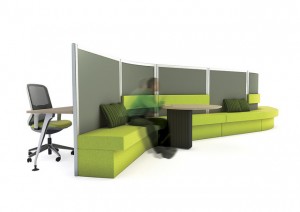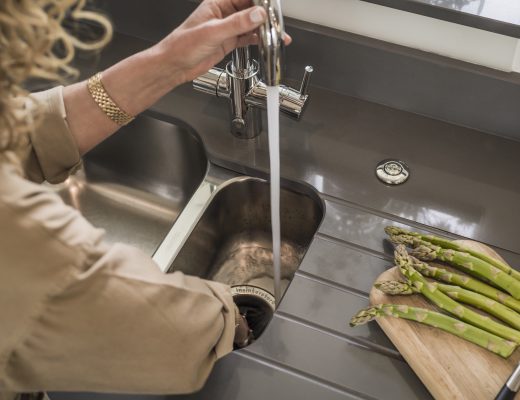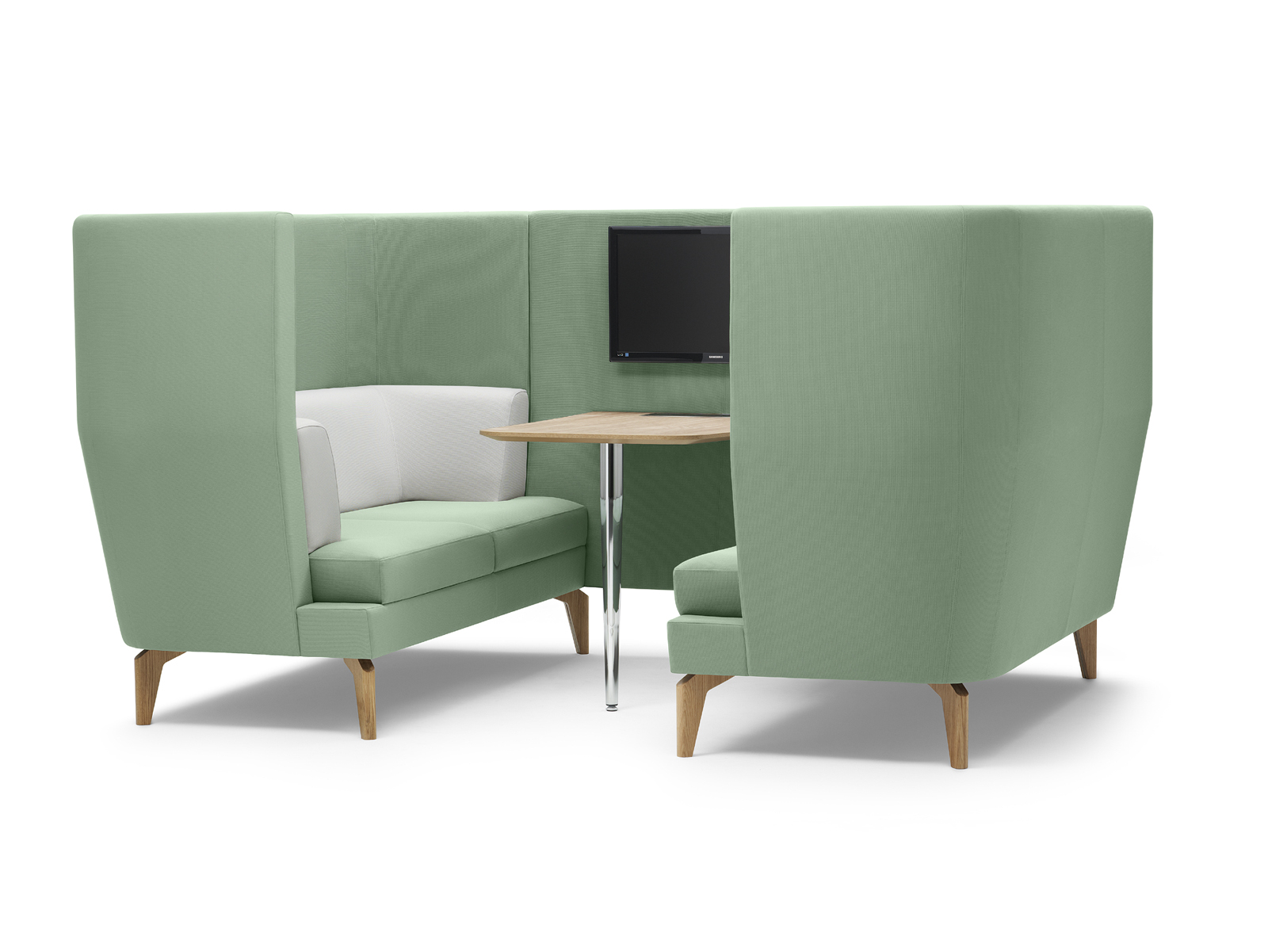Do you specify, design or buy furniture for hospitality environments, such as hotel rooms, airport lounges and coffee shops?
With advances in technology allowing us to work while on the move, many people are spending long hours hunched over laptops using furniture that is no longer fit for its purpose. As people adapt to a new way of working, so must the furniture we design and buy.
A new set of resources, launched at 100% Design in September, aims to provide furniture designers, specifiers and interiors designers with the tools to ensure that products are safe and fit for purpose.
The Furniture Design Toolkit (FDT), created by the Furniture Industry Research Association, helps designers to incorporate ergonomics, user trials, Standards and legislation into the design process. It also acts as a useful point of reference for specifiers and interior designers to help them understand how furniture can better suit its environment and intended users.
The Toolkit is the only design resource to contain this highly valuable information, provided by industry experts.
It has a dedicated section that specifically looks at contract furniture, which alongside hospitality settings, includes furniture for government buildings and all other non-domestic environments.
Sukhneet Assee, Design Ergonomist for FIRA International, says: “The FDT is a really excellent resource for anyone involved in designing or choosing furniture. Using a hotel room as an example, we know that the way people are using furniture is changing and so some standard hotel furniture may not cater for someone who wants to work for longer hours and stay comfortable.
“Choosing furniture that has been ergonomically assessed and has undergone user trials is likely to be more comfortable and this can be used as a unique selling point to potential customers and encourage repeat business. Understanding furniture Standards is also useful when purchasing or specifying furniture, as the standard height for a desk in an office is 74cm, but a desk in a hotel room may be too high or too low and make it uncomfortable to work for prolonged periods. Regardless of where you want to work, ergonomics and good design are essential for creating a comfortable and efficient workplace.”
 The FDT details the correct Standards and legislation for different types of seating, tables/work surfaces and storage furniture for a range of environments. It provides information about ergonomic design principles that go beyond the Standards and explains the benefits of using anthropometrics, user trials and task analysis.
The FDT details the correct Standards and legislation for different types of seating, tables/work surfaces and storage furniture for a range of environments. It provides information about ergonomic design principles that go beyond the Standards and explains the benefits of using anthropometrics, user trials and task analysis.
The Toolkit also has dedicated sections on office and educational furniture design.
For more information please visit fira.fdt.co.uk, email info@fira.co.uk, or call +44 (0)1438 777 700.







